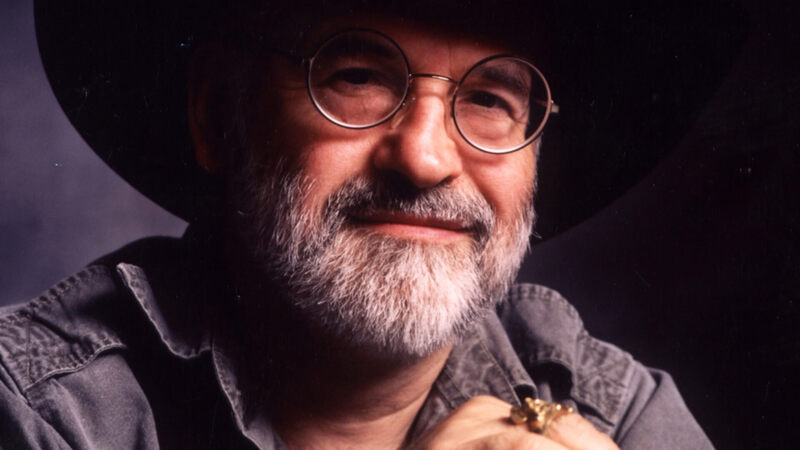You are viewing your 1 free article this month. Login to read more articles.
The reality of being a poet
What does a career writing poetry look like today, and how can publishers help make it possible?
"Anyone who thinks they have a career as a poet", a poet once said to me, "is living in a hall of mirrors". Times are changing. Long known as the most underpaid of art forms, there are now dozens of development programmes educating poets in what to expect from "the industry" in their years ahead. There are also a handful of poets who make a good living completely from the art. So, what does a career as a poet look like?
And what part can publishers play in ensuring their poets have the best chance of thriving in this market where there are more writers and performers than ever, with less resources to go around?
A poet’s career usually involves, well… another career. You could probably name that handful of poets in the UK who fund themselves completely from their poetry earnings. The rest support themselves through other employment and there are certain occupations that poets gravitate towards. Teaching is common as it’s a profession that has the potential to close the gap between wage-labour and creative thinking. I also know a poet who is a copywriter, another who’s a freelance copy editor and another who’s a journalist. Wordy jobs are naturally quite appealing. Libraries and bookshops are sponges for poets.
Only a very few poets earn the main crust of their living through the cut and thrust of quicker economies, such as business and finance. This is probably because poetry is one of the last outposts largely resistant to hyper-capitalism; poets tend to gravitate towards jobs that you can imagine existing in a nationalised state. What most poets want is to support their creative practice with careers that feel complimentary – and not in conflict – with their main purpose on earth: writing poems.
The handful of poets making a living from their art all share one thing: their praise for the publishers – the organisers and record labels – who helped them along the way
For this reason, part-time employment is a common way for poets to find balance. Poets need time to write, which means time to look at the world, read, and – essentially – drift. A poet friend of mine calls this "radical laziness".
Perhaps there’s something in this approach which the rest of society can learn from? A four-day working week in which the fifth day is spent staring at the mystery of life, allowing creativity to gestate.
In the current cost of living crisis this can be a difficult balance to strike and, although poets might seem to spend "a lifetime standing out in thunderstorms" (Randall Jarrell), they also need to eat. A poet’s freelance earnings are made of the following, roughly in this order: giving readings, running workshops, writing commissions, mentoring developing poets and judging competitions. What about book sales? There is a strong analogy with the music scene here, with musicians making very little money directly from album sales. What a new collection of poems does although is for a poet to become visible, with publication providing leverage for the other kinds of work listed above. Poetry is a scene based on the fire of buzzword and recommendation, often caught in the flue of social media. A poet who is being talked about gets opportunities to talk to more people about their work.
This is where publishers come in. Given that most poets don’t have agents, publishers should act as the agenting force for their work. Editors at indie presses are leading the way with this, knowing that the more their poet is on the road, the more books they’ll sell. Indie presses understand that the poets themselves are often the main distribution system for their books: bringing their work to life at events where a captive audience is on hand to buy them. The best publishers are working behind the scenes for their poet, lining them up for festival appearances, bookshop readings and media opportunities.
A famous poet once said that publishing a poetry book is like dropping a leaf down a canyon and waiting to hear the echo, so a publishers’ job is to be clear that what’s on offer is much more than mere leaves: the poet’s liveness and dynamism as a thinker and mover in the art form. Poets regularly move mountains in people’s lives and the best publishers help move those mountains closer to people.
The handful of poets making a living from their art all share one thing: their praise for the publishers – the organisers and record labels – who helped them along the way. With society’s growing fascination with localised and grassroots culture, poetry as an art form is set to become more popular than ever over the decades ahead. Publishers, there’s no better time to expand your own careers by getting behind a poet: making their name and yours.


















